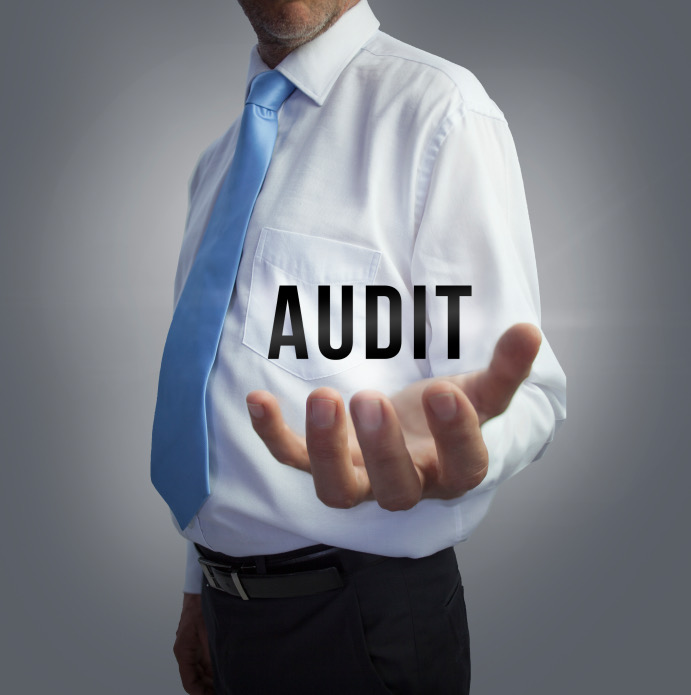Every business in Singapore faces an important question every single year: Are many of us ready for our own audit? These reviews are more than just paperwork; they play a major part in keeping your organization on the appropriate side of the particular law, building trust, and understanding your current true financial health. In Singapore’s fast-changing regulations, staying forward means knowing what’s required and staying prepared. Missing deadlines or not gathering the proper documents could lead to fines or even lawful trouble, so prep really counts.
Comprehending the Legal Structure for Annual Audits in Singapore

Just what Does the Rules Require?
Singapore’s Firms Act sets rigid rules for yearly audits. Most organizations, especially those with bigger annual earnings or assets, must have their financial claims verified by an auditor. These audits check that everything accumulates and follows the rules. If your current business is the private limited organization with turnover over SGD 10 thousand or assets going above SGD 10 mil, you are very likely required to experience a audit. Perhaps some non-profit businesses and industry-specific firms also face these kinds of rules.
Who Needs an Audit and even Who will be Exempt?
Certainly not all businesses need to get audited every year. Small businesses that meet selected size criteria—such as revenue, assets, in addition to quantity of employees—can usually skip the audit. For example, a start-up with minimal sales and few staff may be exempt. Even so, businesses in fund, insurance, or general public trading must acquire audited no matter their size. It’s always smart to verify whether your organization comes under the exempt or mandatory group.
Consequences of Noncompliance
Skipping your examine isn’t just neglecting a formality. It could lead to penalties from your authorities, including fines or even jail time with regard to directors. Your company’s license might acquire revoked, or your own financial statements could be flagged as invalid. For instance, some firms faced hefty fines in addition to reputational damage right after failing to comply punctually. Non-compliance can easily also freeze banking activities or delay funding, harming your own business's growth ideas.
Preparing Your organization with regard to the Annual Examine
Organizing Financial Records
Good record-keeping will be the foundation of a new smooth audit. Help to make sure all invoices, receipts, bank claims, and ledger records are accurate and. Use digital tools if possible in order to keep everything prepared. Keep your documents in labelled folders, and cross-check sums to avoid amazed.
Internal Controls in addition to Processes
Strong internal controls help catch mistakes early. audit services include segregation involving duties so very little single person regulates everything, regular reconciliations, and clear authorization processes. These steps not simply ease the particular audit but also protect you coming from fraud or errors that could cost big money.
Engaging together with Auditors
Choosing the right auditor is key. Seek out licensed firms together with good local experience. Once selected, connect your expectations early on. Share your information in advance in addition to clarify any issues. Being transparent and cooperative will create the process better and faster.
